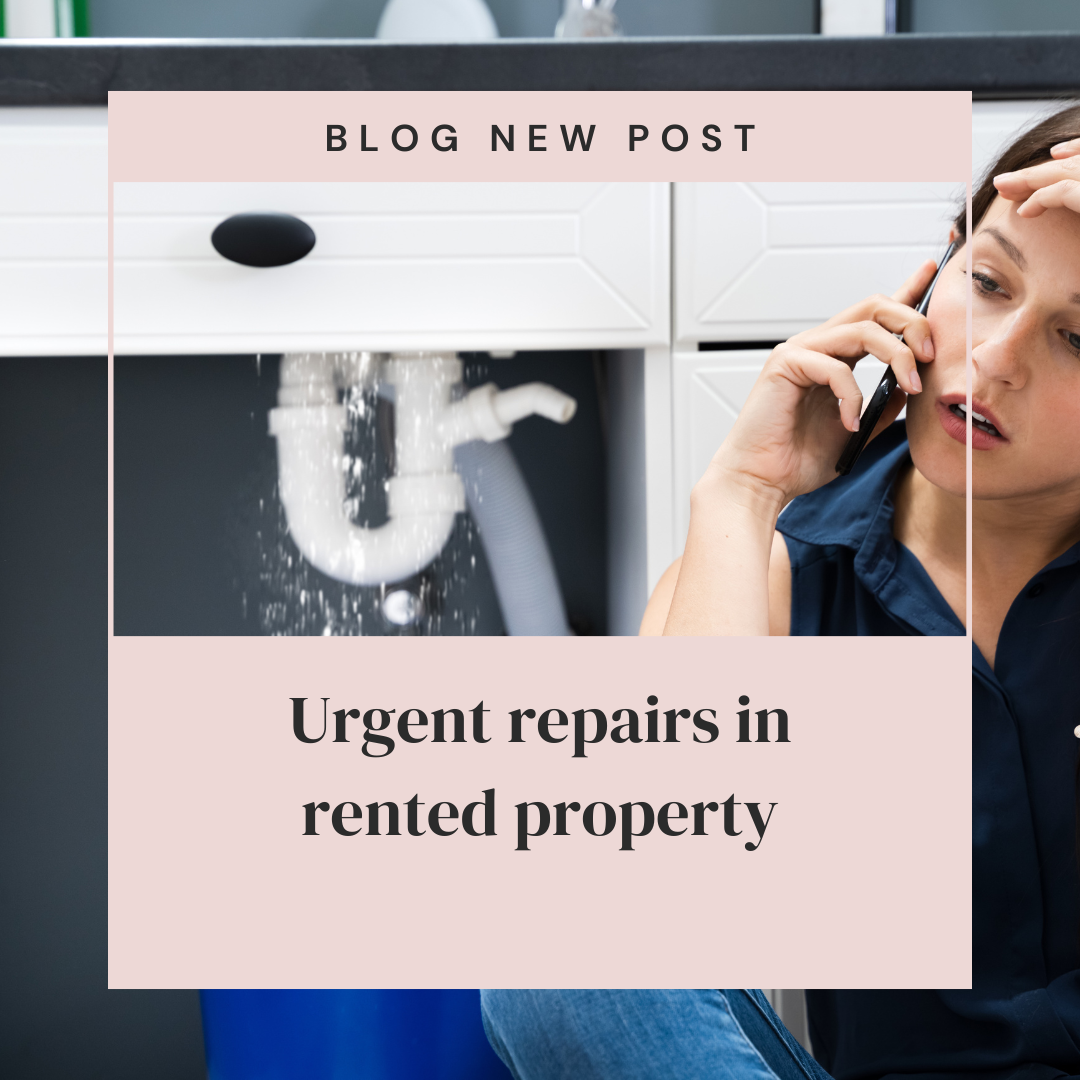Urgent repairs in rented property
Urgent repairs in rented property: Imagine this: it’s a chilly autumn evening, the wind howls outside, and you snuggle up for a cosy night in. But wait, a draft cuts through the window like a knife, reminding you of that nagging broken pane you reported weeks ago. Now, the once-manageable issue feels urgent. Brrr!
As a tenant in the UK, you have the right to live in a safe and healthy home. This includes having urgent repairs addressed promptly, especially when they impact essential amenities or pose a potential safety risk. But what qualifies as an urgent repair, and how do you ensure your landlord takes action quickly? Here’s your ultimate guide to navigating urgent repairs in your rented property.
What’s Considered Urgent?
Not all repairs are created equal. Here are some situations that typically fall under the “urgent repair” category:
- Loss of essential services: This includes a broken boiler during winter, a faulty electrical system posing a fire risk, or a major leak causing water damage.
- Health and safety hazards: Think exposed wires, a broken staircase railing, or a dangerous gas leak. These require immediate attention to prevent potential injuries or illness.
- Security issues: A broken lock on your front door or a faulty window latch can leave your home vulnerable. Urgent repairs are needed to ensure your safety and security.
Communication is Key: Reporting the Urgent Repair
The quicker you inform your landlord, the faster the issue gets addressed. Here’s how to report an urgent repair effectively:
- Pick up the phone: A phone call is the best first step. Explain the problem clearly, highlighting the urgency and potential consequences if left unaddressed.
- Follow up with a written record: Send a formal email or letter detailing the issue, including the date, location, and a brief description of the urgency.
Tips for a Speedy Response
- Be clear and concise: Focus on the facts of the situation and avoid emotional language.
- Highlight the urgency: Emphasize the potential health and safety risks or the inconvenience caused by the lack of essential services.
- Offer reasonable solutions: If possible, suggest a timeframe for repairs or propose alternative arrangements while the issue is being resolved.
Keeping the Pressure On (Respectfully, of course!)
If your landlord doesn’t respond promptly or seems hesitant to act, it’s okay to follow up. Here’s what you can do:
- Maintain a record of communication: Keep copies of emails, letters, and notes from phone calls. This documentation will be crucial if further action becomes necessary.
- Consider contacting your local council: The environmental health department can assess the property and potentially enforce repairs on your landlord if they pose a serious health or safety risk.
Important links
Housing Disrepair Advice: https://housingdisrepairadvice.org/contact
Housing Ombudsman: https://www.housing-ombudsman.org.uk/
